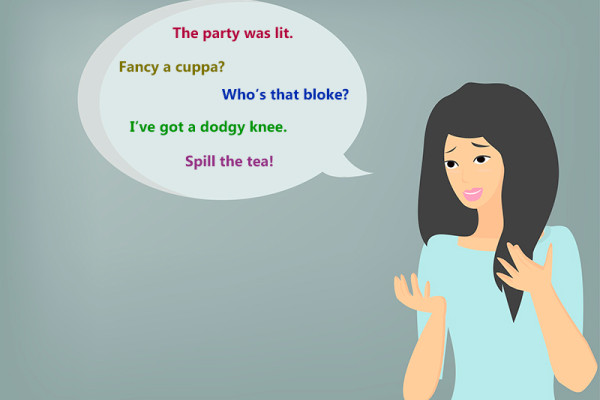Homophones in English

What is a Homophone?
A homophone is a word that is pronounced the same way as another but is spelt in a different way and has a different meaning. For example, in Spanish we have words like "abría" (verb to open) and "habría" (verb to have) that are pronounced in the same way but are written differently and have a different meaning. Another example: "vaca" (animal) and "baca" (roof rack). In Spanish the word does not change much, most of the times it is a spelling change, that is, the difference in meaning varies depending on whether the word goes with or without "h", or with "b" instead of "v"...
In English there are many homophones and in this case the spelling of the word changes substantially in some cases. Orally, we will only know the meaning of the word by the context of the sentence. Here are some examples of these words:
1. Sun/son.
My son must be lying in the sun on some beach in Menorca.
2. Ate/eight.
He ate eight portions of pizza.
3. Wood/would.
If I were you I would use cedar wood.
4. Meet/meat.
Did you meet him buying meat at the butcher's?
5. Flour/flower.
Put the flowers in a vase and the flour in the cupboard.
6. See/sea.
I'd like to see the sea one day.
7. Knew/new.
I knew your new idea would be amazing.
8. Read/red.
My daughter has read "Little red riding hood" many times.
9. Muscles/mussels.
Are mussels good for our muscles?
10. Right/write.
Write your name right here.
11. Steal/steel.
Why did they steal the steel tubes?
12. Hear/here.
We're here to hear what you have to say.
13. Bye/buy.
I'm going to the market to buy some fruit. Bye!
14. Been/bean.
I think the beans have been in the pot for too long.
15. Hole/whole.
Our dog spent the whole day making holes in the garden.
For the purpose of spoken communication, a homophone will not prevent us from understanding each other, but if the communication is written we must be careful because in this case it can create confusion.
Artículos relacionados
Comment















